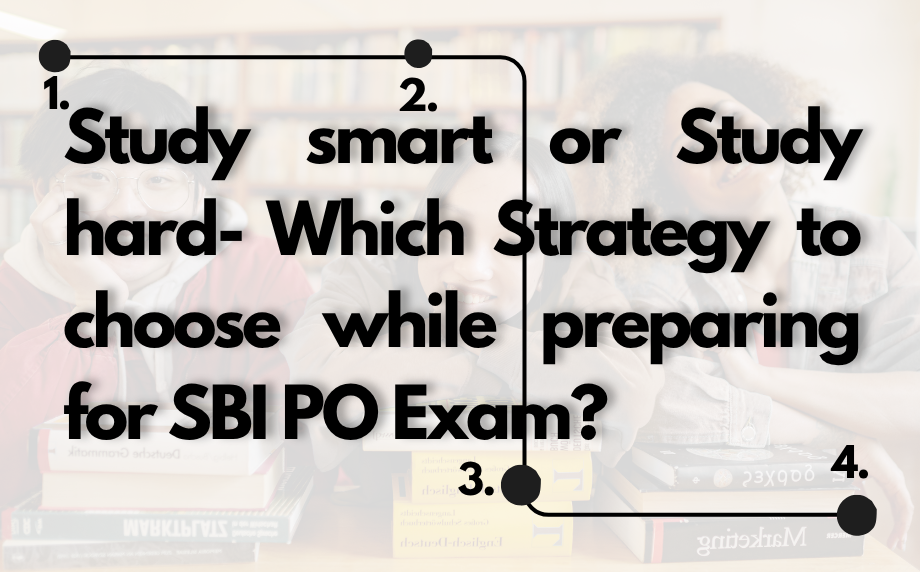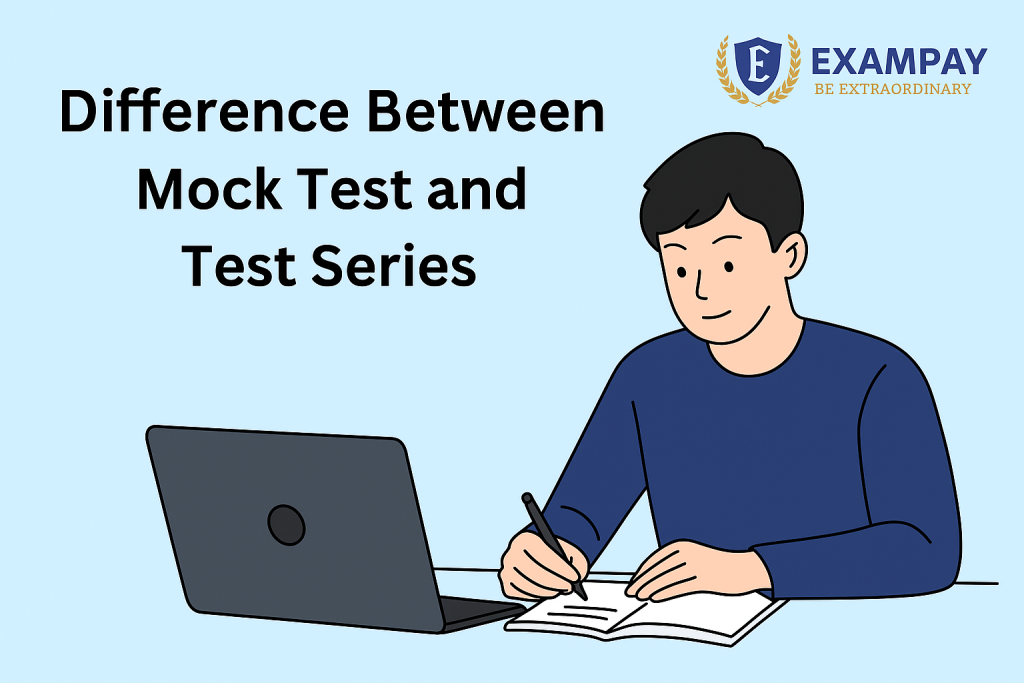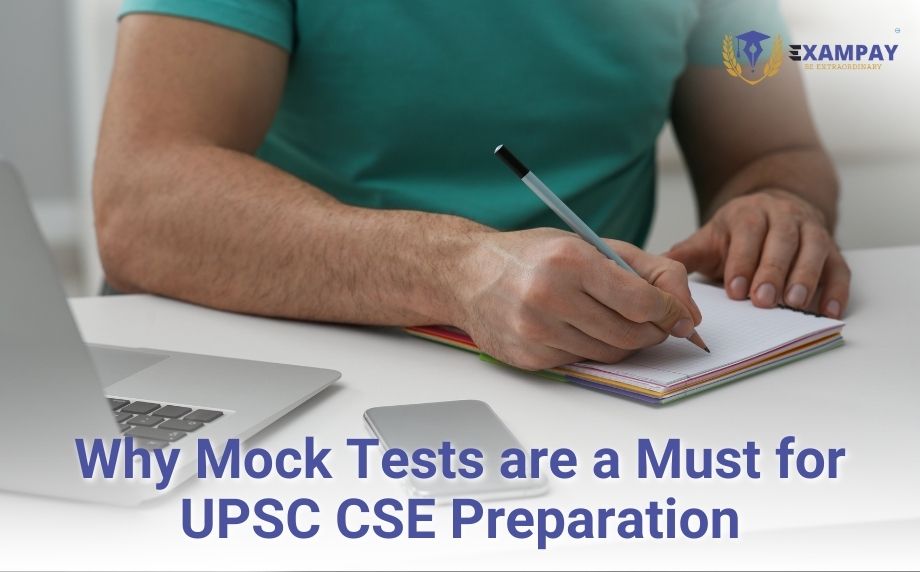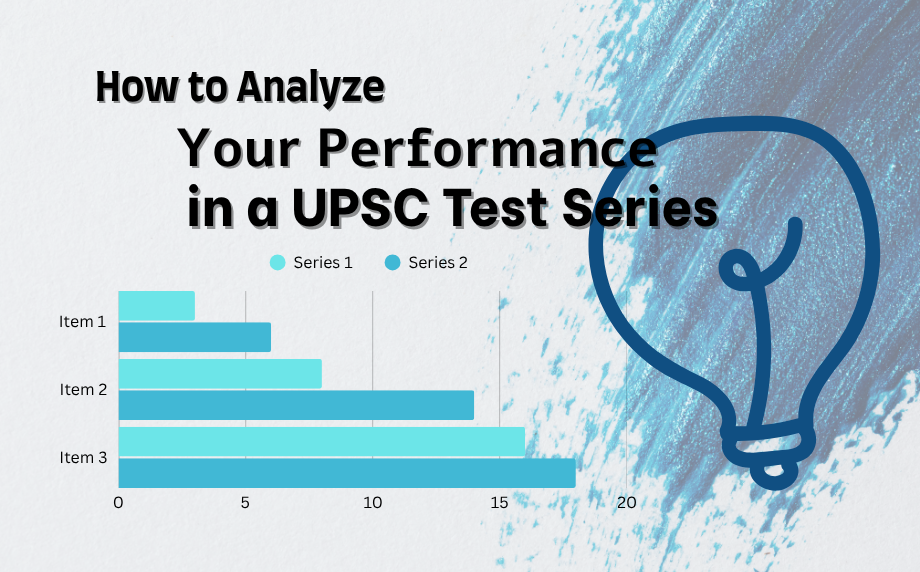For competitive exams like the SBI PO (State Bank of India Probationary Officer) exam, keeping a strategy that works best is very important. While some candidates love to delve deep into the ocean of midnight oil by adopting a study hard way, others prefer to strategize and go by a study smart policy. While both of these are great ways to go about your preparation, which one is the more suitable approach for the SBI PO exam? For those, you may consider the following approaches we have divided, keeping various aspects in mind in this blog to choose which approach will assist you best during your preparation.
Understanding the SBI PO Exam
But before making it the topic of discussion, which is better to study hard or study smart, let’s discuss a bit about the SBI PO exam. This exam is very demanding and the examination presents thousands of candidates every day but they only get some spots.
SBI PO Exam Structure In Brief
The following are the three stages of the SBI PO exam:-
Interview and Group Exercises: After clearing the Main Exam you will be interviewed and grouped.
Competitive Exam: Elimination round with questions of English Language, Quantitative Aptitude, and Reasoning Ability.
Main Exam: This is the phase of the examination where the candidates will be tested in Reasoning, Data Analysis (it can be asked combined or individually), General Awareness, Computer Aptitude, and English Language.
Challenges of the SBI PO Exam
However, in any case, the biggest difficulty that people face while giving this paper is to revise all of it within a very short period. There is so much to cover in the syllabus and effective time management could be a game-changer. Furthermore, the exam has gotten tougher over the previous few years even when questions are more analytical and data-driven you need speed and accuracy
Studying Hard — What Does It Mean?
Studying the traditional way requires extensive hours of studying, an unwavering commitment, and a highly detailed explanation of all concepts.
Defining Studying Hard
Studying hard is a constant effort, late nights, and every topic of your blueprint. It is not about being smart, it is all about rigorous practice over concepts, and revisions till you have the confidence to say I know this stuff.
Benefits of Studying Hard for SBI PO
Desire for Constant Learning: When you study hard, you tend to explore and learn minutely all the topics in your syllabus.
Will get disciplined and try developing persistence: Discipline is inevitable as it requires you to deal with each topic in its entirety.
Confidence – Knowing you have examined the problem every which way can make going into the exam more comfortable.
Disadvantages of Studying Hard
- Time-consuming: Studying hard takes up a lot of time, and with other life priorities in balance there is very little room.
- Burnout Risk: If you keep studying long hours without breaks, you will mentally and physically exhaust yourself.
- Not the Most Efficient: This is not always an efficient approach as you might spend hours revising the topics with the least chance of appearing in the examination.
What Is Studying Smart?
Studying smart, on the other hand, focuses on practicing high-yield topics rigorously but also efficiently.
Defining “Studying Smart”
Educating ourselves smart also involves using resources efficiently, prioritizing key topics, and supporting methods such as time management, mocks, and strategic replication.
Benefits of Studying Smart for SBI PO
Efficiency: Studying smart means you can concentrate on high-yield topics and avoid spending time on low-yield portions.
Focus on Weightage: It tells you how much attention each subject needs focusing and hence helps in better time management.
Practice with Mock Test: Practising smart when one regularly takes mock tests and analysis identifies the weak areas of performance, boosting it up too soon.
Disadvantages of Smart Studying
Superficial Learning: While studying hard is a good thing, in some cases, it can also result in having a shallow understanding of the subject.
Dependence on Shortcuts: If you are somewhat dependent on shortcuts or tricks then, for the reasoning and analytical section, most of the time it may not work.
Not Preparing Enough Or Consistently: Sometimes candidates may wrongly take studying smartly as less drinking, which eventually means not preparing properly.
Also Read: Top 10 Mistakes to Avoid in SBI PO Mock Tests
Key Differences Between Studying Hard and Studying Smart
Time Management
- Time management: Given that it demands long hours with no guaranteed efficiency, this could easily become an issue of time management.
- Smart study: Give proper time to the main subjects so that you understand it well and enough time is left for some random revisions.
Approach to the Syllabus
- Studying Hard: The Topics Will Be Covered In-Depth, Leaving No Stone Unturned.
- Studying Smart: This is Studying Smart in which we study only important topics and patterns of the previous year’s question paper so we can cover more chapters/subjects/courses in less time.
Results and Efficiency
- Studying Hard: This ensures complete preparation but is also very exhausting and time-consuming, thus taking up much more time to make progress.
- Smart Study: The focus of this technique is on faster learning and revision with a rigid approach towards aptitude and reasoning.
How to Find the Right Balance
If you aim to crack the SBI PO exam, you must work hard as well as smart. Below are some easy ways to do so ways to do so
- The Two Strategies Mashed Up
While heavy studies create a strong base, smart strategies can make a difference in your performance. Such as going topic-wise (studying hard) in knowing each field in depth for some time and then gearing up with high-priority areas and solving mock papers (study smart).
- Time Allocation
Spend more time on things that you find difficult and less on areas of comfort. This balance makes sure that you are not costing your time in the area where you already have strength.
- Devote time to Mock Tests and Analysis
However hard or smart you may be studying you must ensure that you are taking mock tests regularly. Mock tests help you prepare for the real exam similarly giving insights into your performance where the weak areas need more attention.
SBI PO Exam Preparation- A Few Handy Pointers
- Creating a Study Plan
Set a proper study schedule It should involve a combination of long study hours and intelligent strategies such as solving last year’s papers and regular revision plans.
- Utilizing Resources
Avail the best resources at hand such as SBI PO preparation books, online courses, and mobile apps containing questions and mock tests. This is true but also not getting yourself bombed way too many resources.
- Working Techniques (Practising, Writing in detail, Revising)
Read and take good notes when you study as well, read over your notes. Regular practice of problems, especially in quantitative aptitude and reasoning will make you sharp.
Maintaining Motivation and Focus
An individual can take years to prepare for the SBI PO exam. Motivate Yourself by Creating Small Goals and Rewarding When Achieved Furthermore, you can keep concentrated if you build a healthy routine in which you take regular breaks and work physical movement into your day.
Conclusion
However, while preparing for the SBI PO exam it is not a question about whether to study hard or to study smart. Each method brings its benefits, and often the best system is an amalgamation of both. While hard work helps in building a strong grasp of concepts, smart study techniques help you save time and focus only on what is immensely important. Achieving this balance will help you to work more effectively and set yourself up atop the competition. Finally how much you score in the exam would fully depend on how closely you can mix both of these strategies into one above.







